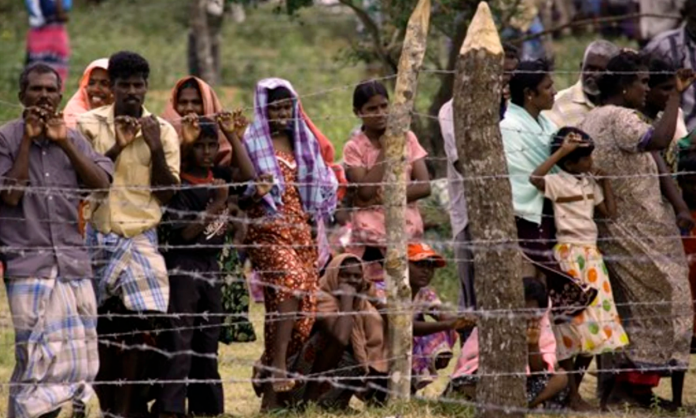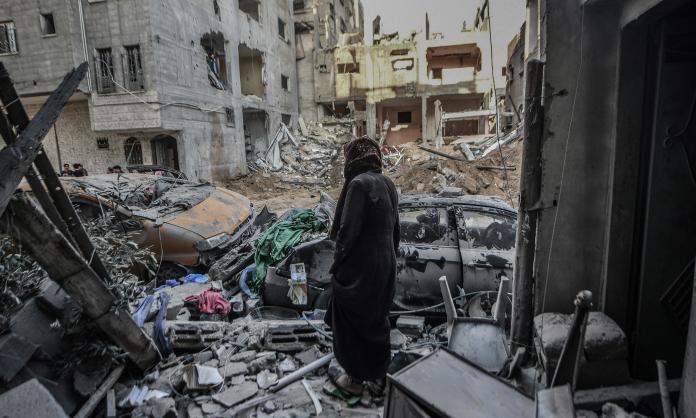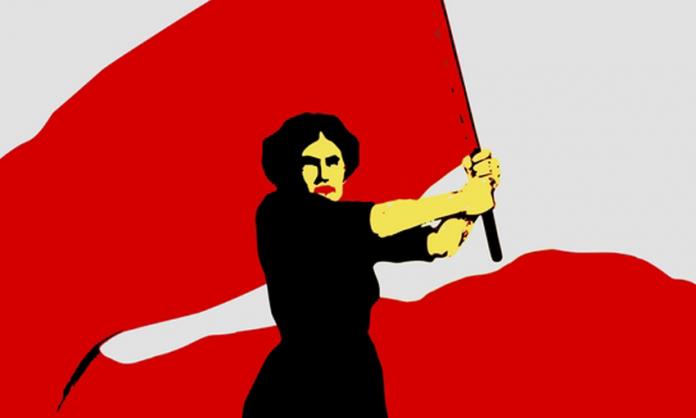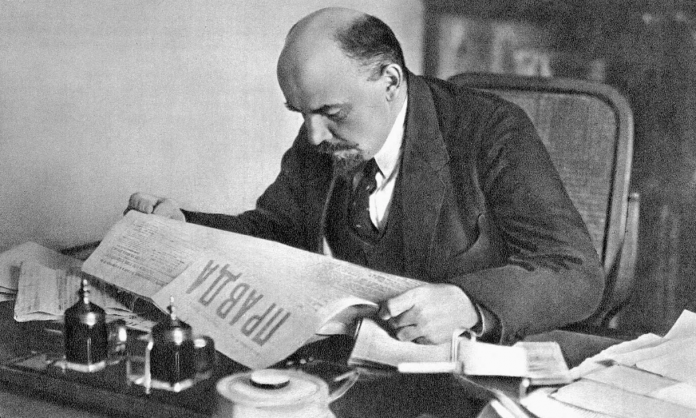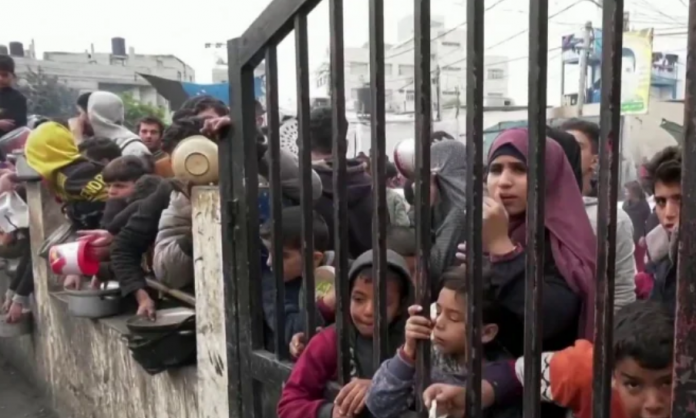Over the last few weeks, the capital cities have had quite a few public rallies and demonstrations. Thousands have stood up for refugee rights, and thousands have rallied, or soon will, to demand same-sex marriage rights.
Do these rallies really change anything? After all, the denial of refugees’ human rights is getting worse, not better, and despite promises of a conscience vote from Rudd, the ban on same-sex marriage remains in place.
Looking back at the long history of mass protest reveals a wealth of examples in which people rallying together have helped change the world for the better. During the civil rights movement in the United States, public protest was part of the movement that helped reshape that society.
The moratorium marches against the invasion of Vietnam brought hundreds of thousands into the streets of Australia, bringing anti-war attitudes into the mainstream.
Changing people
Demonstrations and rallies can have another influence too. They don’t just help change laws or end wars; they also change the people who take part in them. One of the best examples is the campaign for same-sex marriage rights that’s happening right now.
For half a decade there have been rallies and marches that bring thousands of people into the streets against discrimination, many for the first time in their lives. It has been one of the most resilient and largest protest campaigns for years.
Public opinion has shifted, from a minority of the population in favour of equality when the ban was introduced, to a clear majority in support (64 percent, and 81 percent of young people) according to the latest Galaxy poll.
Most importantly, there are now thousands and thousands of people who have had a taste of activism and collective strength. Business as usual under capitalism can leave us all feeling weak.
We work for a boss who would rather we were machines, in a society governed by people who care more for credit ratings than for people.
Disrupting business as usual, marching alongside hundreds or thousands of other people to demand a better world, can be an empowering experience. The feeling was summed up by a young participant at one of the demonstrations in Melbourne, who simply said, “I just feel so powerful!”
Cat Rose, the queer officer of the National Union of Students and one of the Sydney conveners of the protests, told me that she receives countless messages from young people saying they’ve never felt so proud to be who they are, alongside hundreds of others, loudly and publicly telling the bigots in the government to go to hell.
Encourage us to fight
Steph Meachen is a high school student from Albury-Wodonga who felt the isolation that countless LGBTI youth feel. “I had no confidence and I barely spoke to people”, she said to the crowd at a Melbourne demonstration. Attending a rally for equal rights had helped change her life: “It showed me that it’s important to try to inspire change, and encouraged me to fight.”
When another student, Ella, was told she couldn’t organise an anti-homophobia society at her Sydney high school, she didn’t meekly accept it, but took inspiration from the campaign and started organising to force the school to back down.
And when the police bashed Jamie Jackson and Bryn Hutchinson after the last Mardi Gras in Sydney, the response was not intimidation and fear, but defiance and anger. Shayne, who was at the rally against police brutality, recalled:
“In a very true sense, that sickening sound of little Jamie Jackson, bleeding and handcuffed, hitting the pavement on 2 March reverberated a week later with a proud and angry 2,000-strong ... protest.”
The years of same-sex marriage rallies, the countless demonstrations and the thousands who have marched helped lay the basis for those defiant reactions to attacks from the powers that be.
They have helped thousands of people feel that their rights matter, they have a voice and they can help change the world. And they have helped ensure that public protest, anger and defiance, rather than despair, are the response to capitalism’s indignities and horrors.
Kristian, another demonstrator at the police brutality march, summed it up: “Perhaps it is a reflection of the political climate we live in today. Our two major political parties offer us no inspiration, no leadership, no hope for the future.
“But there is an alternative, and we saw the alternative at the very first Mardi Gras in 1978. We saw the alternative at the protest we had last week.
“When thousands of us feel empowered enough to stick up for ourselves, we see and feel glimpses of a more just and equitable world, where ordinary people have a sense of control of their own lives.”





